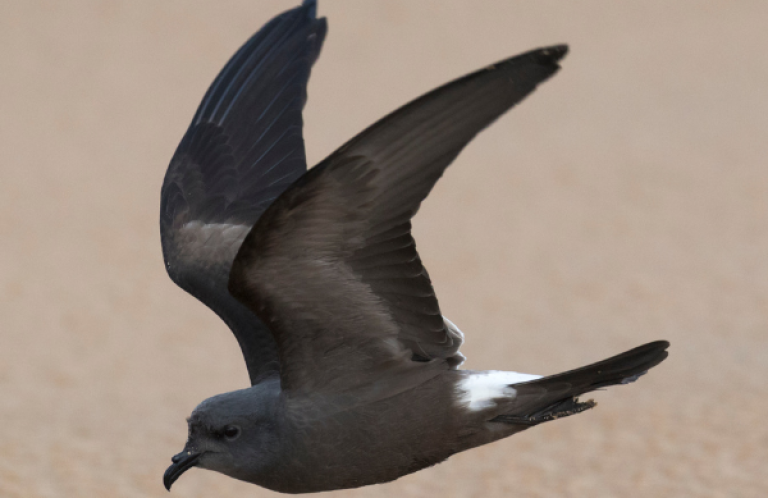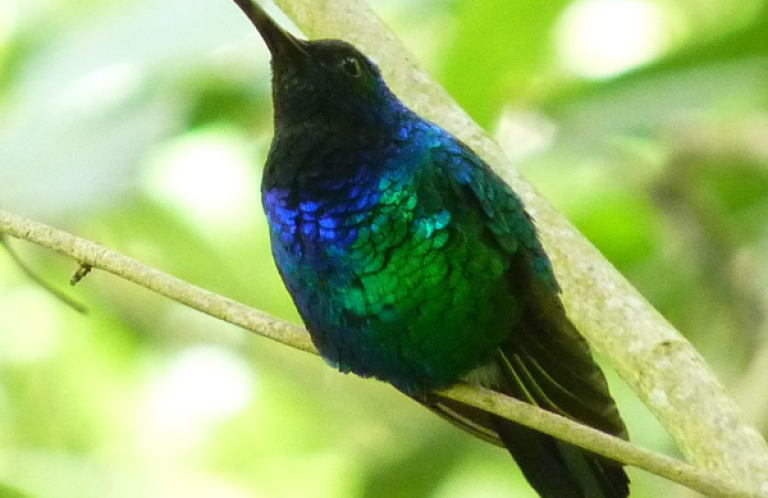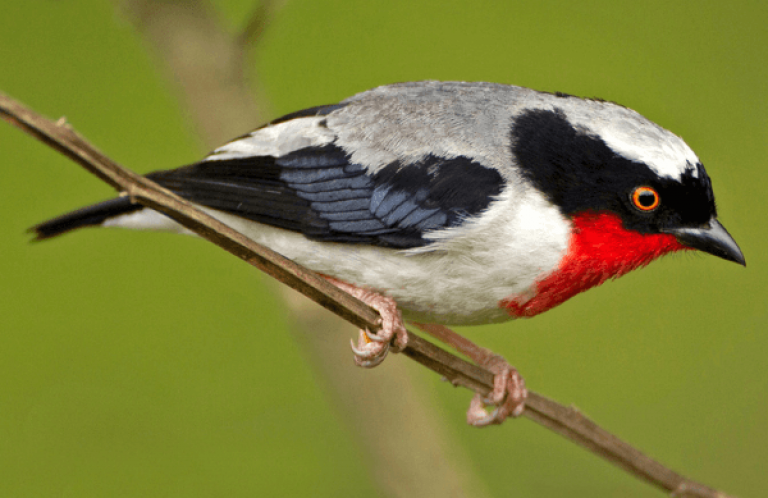Houston-area Power Plant Opposed by ABC Halted by Courts
For Immediate Release Contact: , 202-234-7181 ext.210
Wood Stork. |
(Washington, D.C.,
Judges Paul Keeper and Kerrie Jo Qualthorough found that the data the company used to make conclusions on air quality in the region were faulty, and concluded that the company failed to consider the effects of coal dust and to set proper limits for two air pollutants.
The ruling likely delays plans for White Stallion Energy Center's 1,200-megawatt plant in Matagorda County by about four to six months. A final decision on the plant's fate will be made by the Texas Commission on the Environment. A vote by the Commission on the plant has not been scheduled.
In the May letter to the Corps and the Environmental Protection Agency, ABC’s Vice President of Conservation Advocacy, Darin Schroeder, stated that “…operation of the coal plant will have an impact on one of the nation’s most significant areas of native coastal habitats for birds; where early winter species avian diversity is among the highest in the United States, an area that supports a large breeding population o f water birds, and where massive numbers of migrating birds pass through during the spring and fall.”
The letter further stated that Mad Island Marsh near the plant has ranked first in the nation in number of species recorded during annual Christmas Bird Counts, and has been designated a Globally Important Bird Area by ABC. Wintering birds include more than 8,000 herons, about 56,000 waterfowl, more than 10,000 shorebirds, and significant numbers of Sandhill Cranes, Reddish Egrets, Sprague’s Pipits, and Le Conte’s and Seaside Sparrows. Among other birds found seasonally are Roseate Spoonbills, Wood Storks, Mottled Ducks, Yellow and Black Rails, American Avocets, and Dickcissels.
According to ABC, White Stallion will increase emissions of nitrogen oxide, mercury, and lead, all of which have negative impacts on birds and humans. White Stallion would also pull 36,000 acre-feet of water from the Colorado River every year, reducing needed availability to shorebirds. In addition, increased activity from the barges that would deliver coal every day would contaminate water with toxic runoff and erode embankments, likely impacting shorebird nesting success. Lastly, the coal ash waste stored on site could result in an environmental catastrophe. The proposed site is situated in a 100-year flood plain, and in the event of extreme weather, toxic waste could wash into public waterways, degrading another resource crucial for birds, other wildlife, and humans. This has happened before – specifically two years ago in Kingston, Tenn. An earth-and-ash dam holding back 1 billion gallons of waterlogged ash from a nearby power plant had failed, and the slurry flowed out to choke the Emery River and cover 85 acres of land. One year later, most of the ash on the land is still there.
Schroeder says that “The proposed development will have far-reaching negative effects on one of our region's most valuable environmental assets and should not be allowed to proceed.”
About American Bird Conservancy
American Bird Conservancy (www.abcbirds.org) conserves native birds and their habitats throughout the Americas by safeguarding the rarest species, conserving and restoring habitats, and reducing threats while building capacity of the bird conservation movement. ABC is a 501(c)(3) not-for-profit membership organization that is consistently awarded a top, four-star rating by the independent group, Charity Navigator. For more information visit www.abcbirds.org


















































